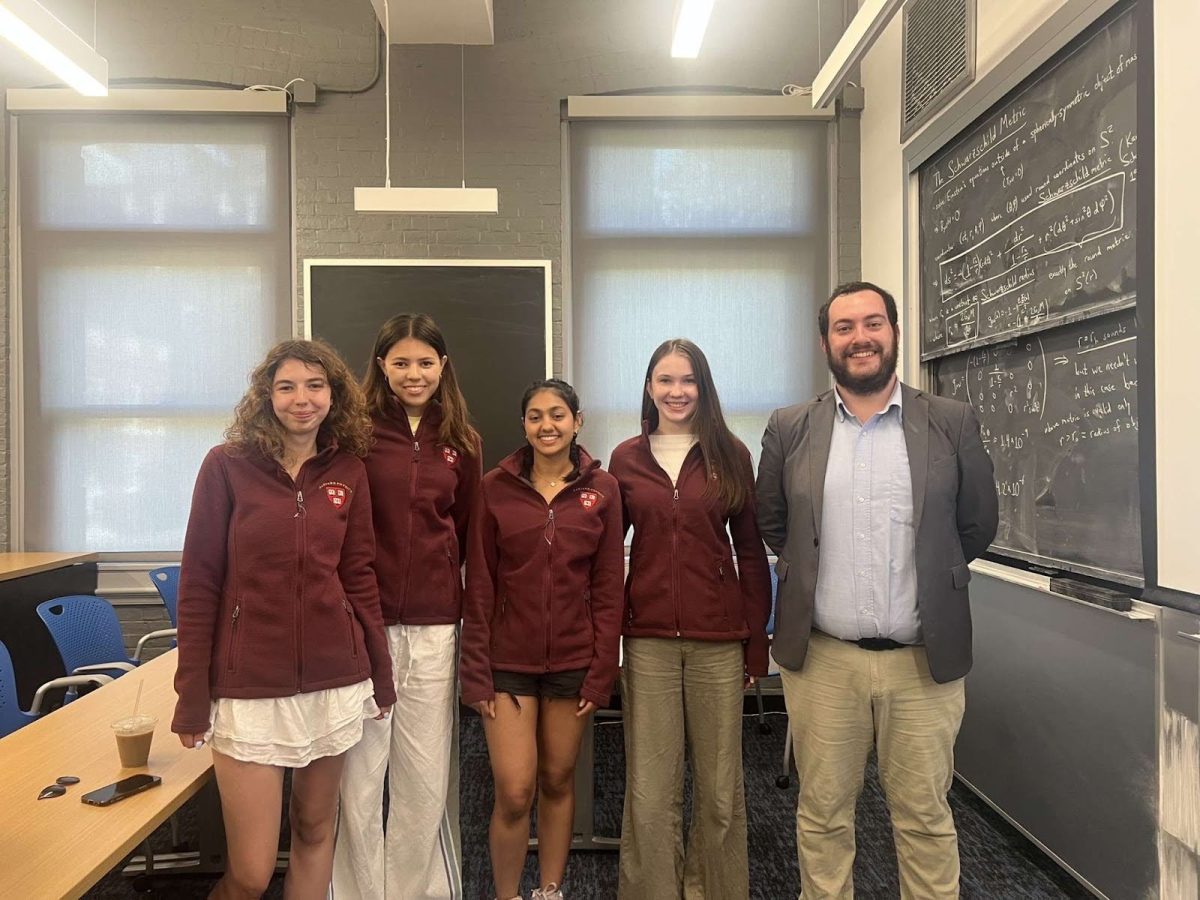Holy Trinity prides itself on setting students up for success, starting here and going anywhere. While it is common to see students attend university outside of Florida, it’s not often that students attend a university outside the country. In fact, college advisor Stacey Reeder stated that she hasn’t had a student attend a university abroad since she began advising at Holy Trinity. She gave many reasons as to why that is.
“Since the early 1900s, the gold standard for education has been the United States,” Reeder said. She explained that globally, the best college educations are considered American. “Generally, there is not a lot of interest among American citizens wanting to earn a degree abroad at the undergraduate level.”
In many places in Europe, an undergraduate degree is three years, which can make the process of applying for graduate programs in the United States more difficult. It is common for programs to require prerequisites that students coming from foreign countries didn’t have the time to complete. “It really requires a lot of thought beyond the undergraduate years of what you want to do beyond your degree program and professionally,” Reeder said.
“When you’re 18 and leaving home for the first time anyway, it’s scary enough to do so in the states without going to a foreign country where you may not know the language and it’s a whole different education system,” Reeder said.
Although there are challenges to studying abroad, some still have foreign universities at the top of their lists. Reeder explained that two years ago, a Holy Trinity student was admitted to a university in Ireland, but it didn’t make sense for her financially. There are additional expenses that should be taken into account when considering studying abroad, including the airfare from the trips back to the United States.
However, there are options for those who still may have the “travel bug.” What a lot of students do in the United States is a semester or summer abroad to get that experience.







